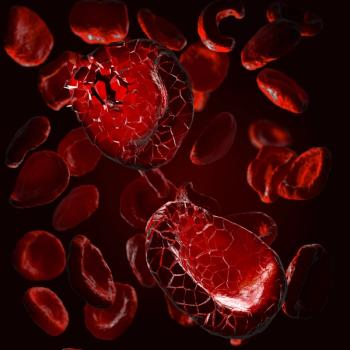
DOGE hopes to solve rampant inefficiencies in US healthcare that contribute to unsustainable costs and a broken system by cutting spending and administrative waste.

Your AI-Trained Oncology Knowledge Connection!


DOGE hopes to solve rampant inefficiencies in US healthcare that contribute to unsustainable costs and a broken system by cutting spending and administrative waste.

Tips from experts on how to think about and manage adverse events in patients with diffuse large B-cell lymphoma.

Experts discuss epithelioid sarcoma diagnosis, management, and targeted therapies, and highlight 3 things everyone should know about treatment.

Davide Rossi, MD, spoke about the impact of the MZL workshop and his hopes for the future of treatment and medicine in MZL.

As MZL is such a rare subtype of lymphoma, it can be hard to find or begin trials geared specifically toward this population.

Potential contributing factors of marginal zone lymphoma (MZL) were highlighted in a recent discussion with James R. Cerhan, MD, PhD.

Juan Alderuccio, MD, discussed treatment strategies for MZL, particularly as they relate to quality of life, and the role of prognosis models on treatment.

Julie M. Vose, MD, MBA, answered questions about the significance and potential impact of MZL Workshop.

A pathologist discusses the challenges of diagnosing nodal MZL, including its lack of specific defining characteristics.

Marginal Zone Lymphoma experts discussed recent advancements in all areas of MZL, while calling attention to gaps in knowledge in the 2024 MZL Scientific Workshop.

Thomas Habermann, MD, discusses the significance of the MZL Workshop and its contributions to advancing research and improving outcomes.

Julie M. Vose, MD, MBA, discussed MZL research and future directions in the February Letter to Readers.